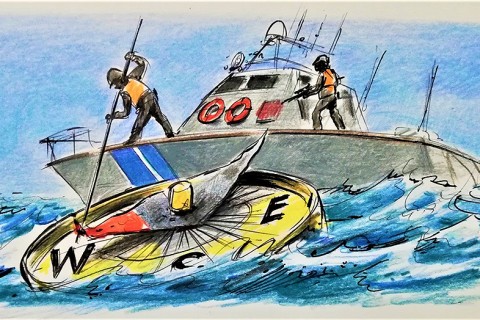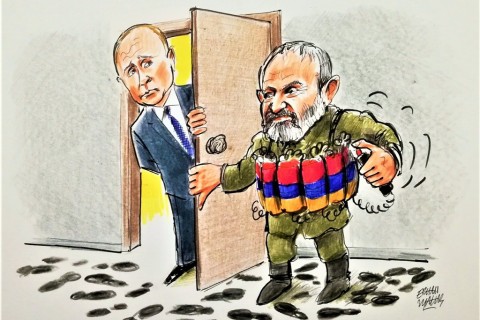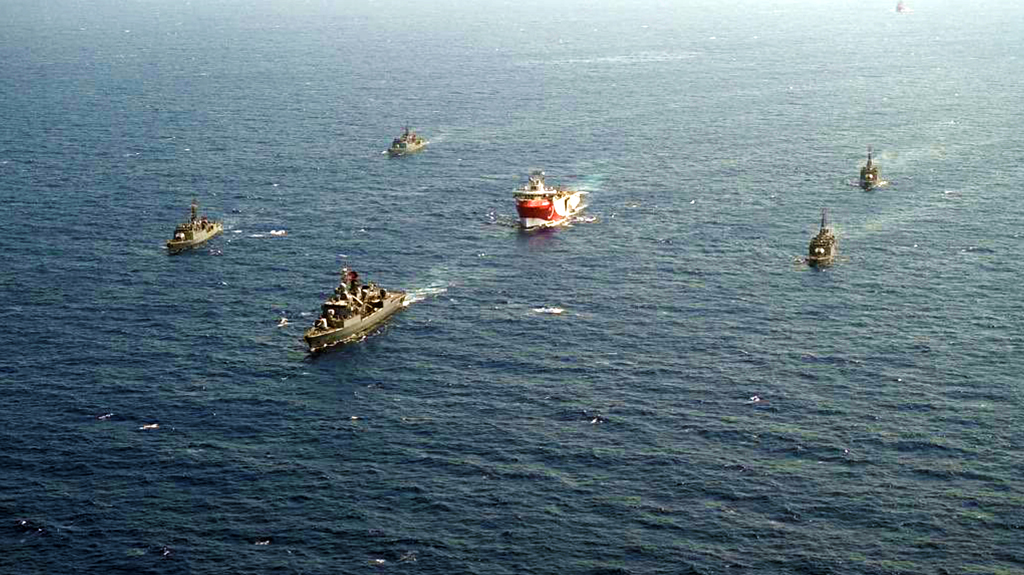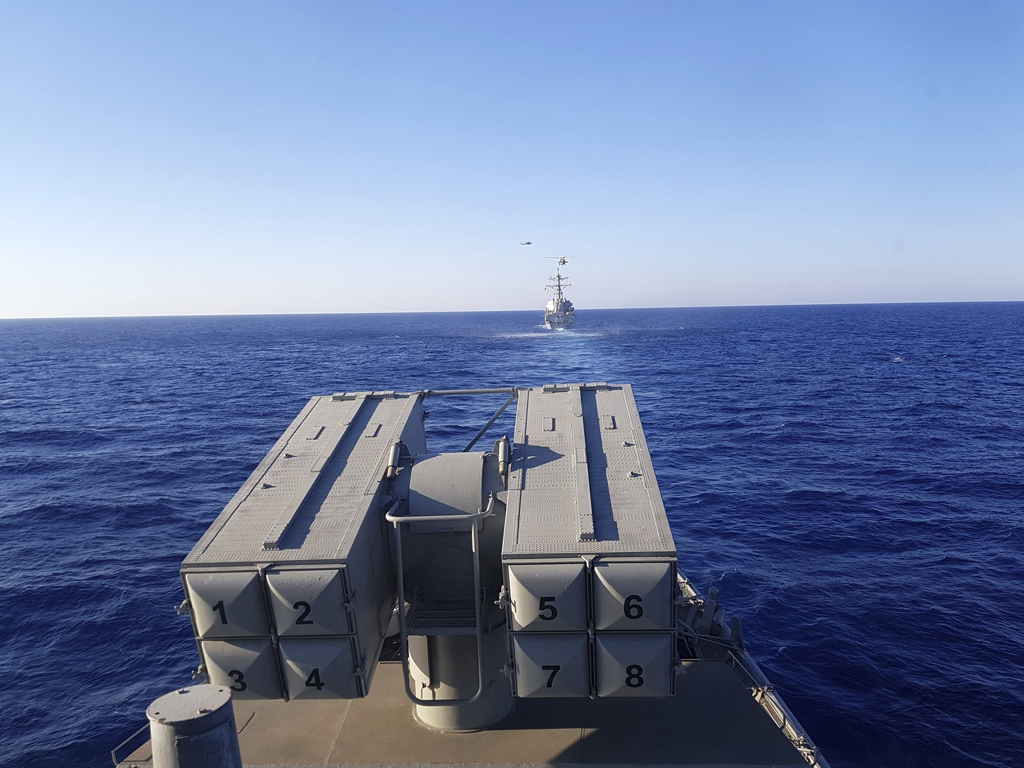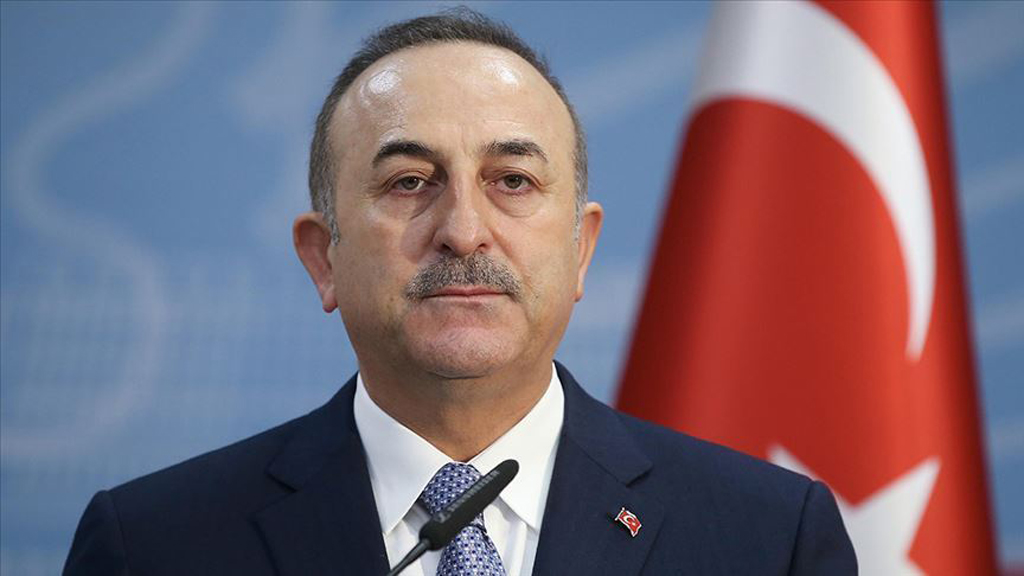Foreign Minister
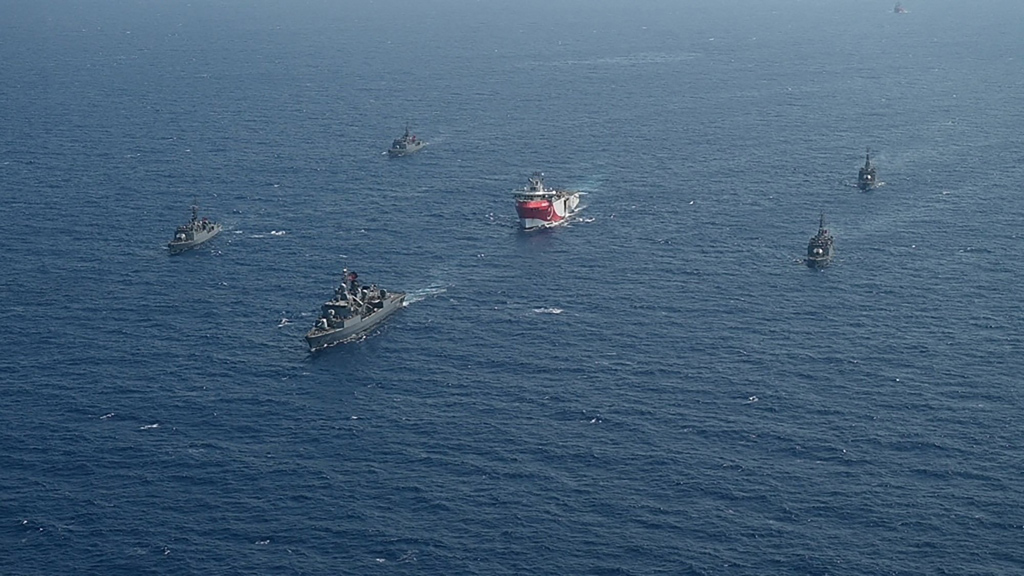
Can Turkey and Egypt fully normalize relations?
| OpinionTurkey and Egypt, which have been experiencing a tense relationship since the military coup against …
-
Opinion
When the West says sorry, everything becomes all right
By Muhittin AtamanWestern countries have been dominating world politics for the last five centuries. Their foreign policies have been based on realpolitik, politics based on practical situations and needs, rather than on moral principles or ideas. Therefore, they can instrumentalize everything and violate basic principles of law to achieve their political and economic objectives, especially when they are stuck.
-
Opinion
In new geopolitical equilibriums, Turkey and US can mend ties
By Burhanettin DuranVarious geopolitical issues, in which Turkey has taken active steps in recent years, are quickly developing and on two key fronts, the conflict has given way to reconciliation.
-
Opinion
Nagorno-Karabakh: The next Syria in the Caucasus?
By Burhanettin DuranPashinian threatened to turn Nagorno-Karabakh into the next Syria in order to fuel fears in Russia, Iran and Europe.
Bu Konuda Daha Fazla
-
Turkey in the Eastern Mediterranean: Maritime Disputes and Geopolitical...
By Kadir ÜstünRecent tensions in the Eastern Mediterranean have multiple drivers including the race for exploitation of energy resources, long-standing maritime disputes, and the broader geopolitical competition between regional powers. While Turkey’s recent assertiveness of her rights in the Eastern Mediterranean drew renewed attention to the region, this round of confrontation has been long in the making.
-
Why carrot-and-stick approach does not work in East Med
By Burhanettin DuranThe Eastern Mediterranean question, like a ghost train, shuttles around and around, plunging the global agenda into fright with each passing day.
-
Greece comes to an impasse between West, neighbor Turkey
By Burhanettin DuranGreece continues to escalate tensions in the Eastern Mediterranean amid calls from the European Union for dialogue. In addition to conducting military exercises, Athens deployed troops to the island of Kastellorizo (Megisti-Meis) and is preparing to conclude an exclusive economic zone (EEZ) agreement with the Greek Cypriots – similar to Athens' controversial deal with Egypt. Last but not least, Greek leaders fueled tensions last week by talking about extending their claims in the Ionian Sea to 12 nautical miles.
-
COVID-19 has affected strategic relations radically
By SETATurkey will continue to strengthen 'entrepreneurial, humanitarian understanding of foreign policy,' says foreign minister
-
Good cop, bad cop play against Turkey?
By Burhanettin DuranTensions in the Eastern Mediterranean seem incapable of de-escalating. Although the situation on the Sirte-Jufra line in Libya remains under control thanks to Turkey’s diplomatic talks with the U.S. and Russia, last week’s explosion in Lebanon and the Greco-Egyptian maritime deal fueled tensions anew. Athens and Cairo recently announced that they had concluded an exclusive economic zone (EEZ) agreement, directly challenging Turkey’s November 2019 deal with Libya. As a matter of fact, Greek Foreign Minister Nikos Dendias did not hesitate to describe that agreement as “the opposite” of the Turkish-Libyan treaty.
